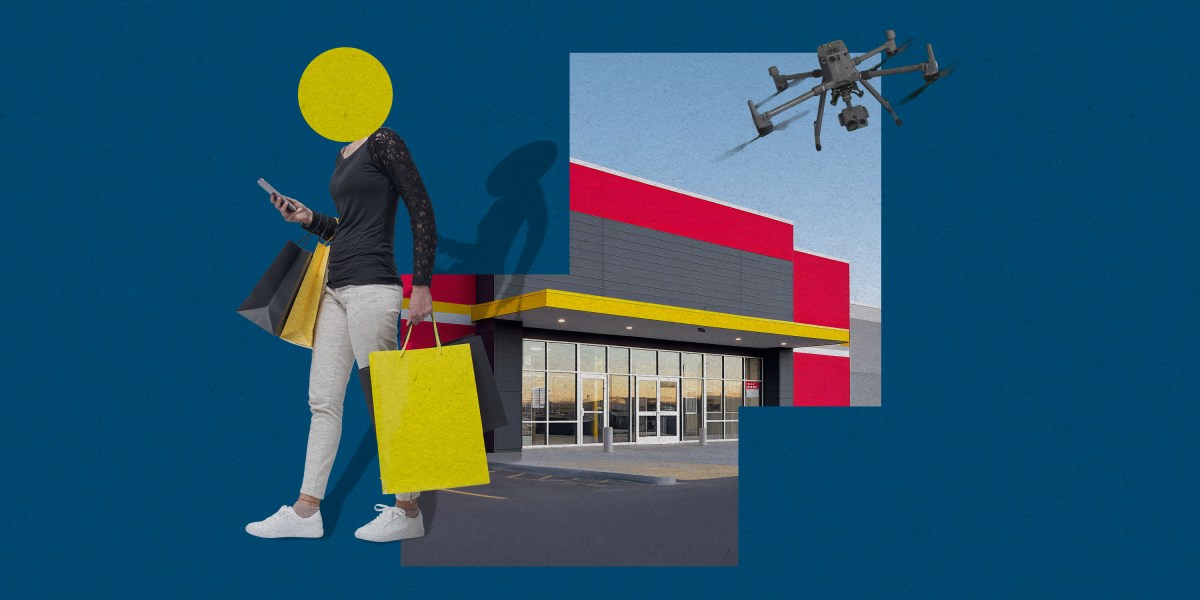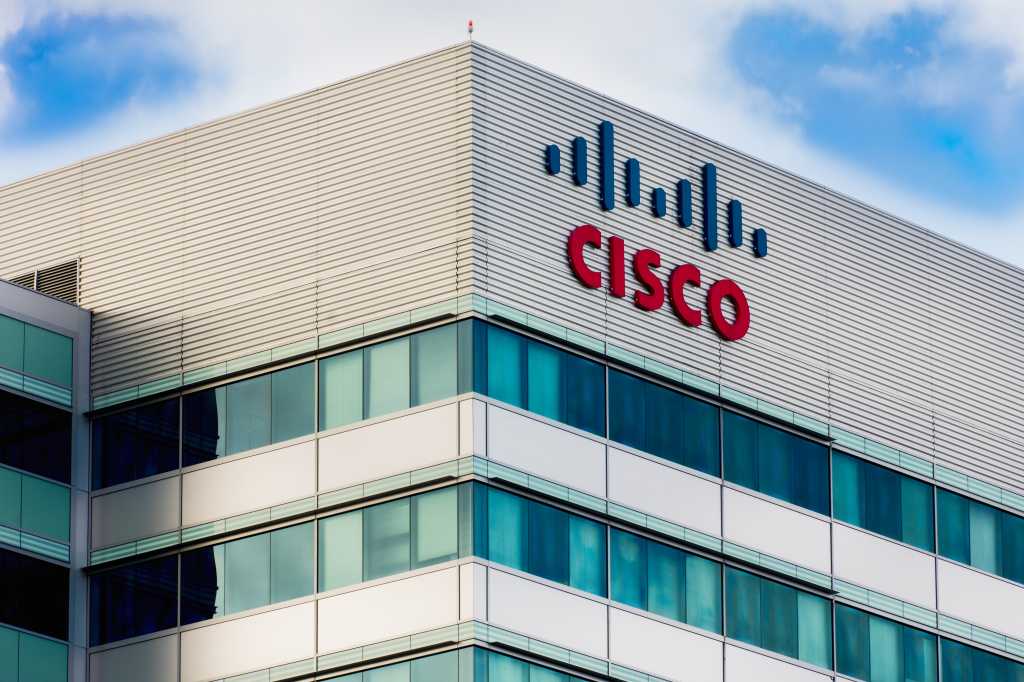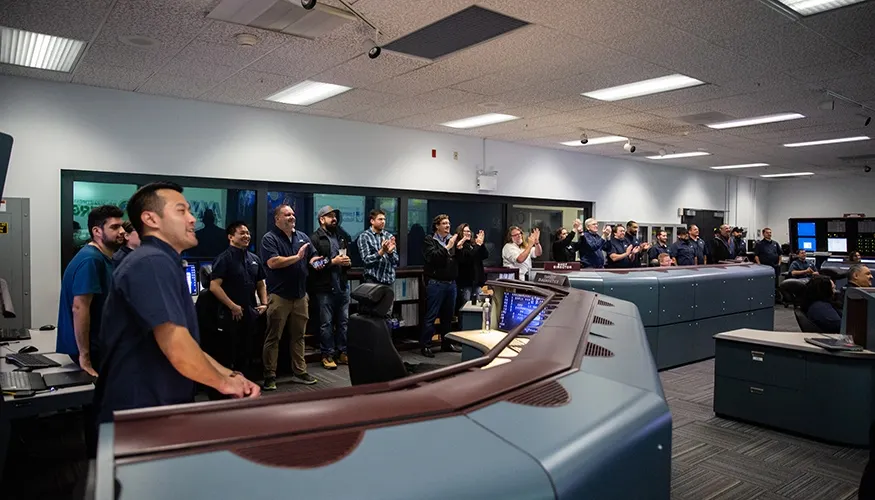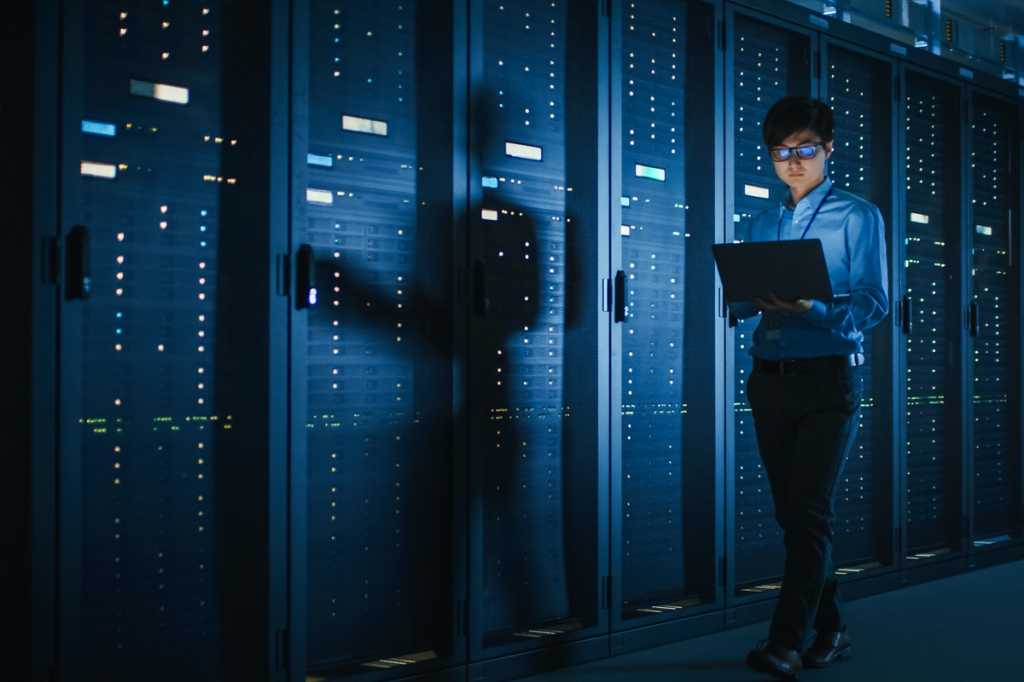
Once reserved for police departments, Flock Safety is now offering its drones for private-sector security, the company announced today, including for businesses intent on curbing shoplifting.
Companies in the US can now place Flock’s drone docking stations on their premises. If the company has a waiver from the Federal Aviation Administration to fly beyond visual line of sight (which are becoming easier to get), its security team can fly the drones within a certain radius, often a few miles.
“Instead of a 911 call [that triggers the drone], it’s an alarm call,” says Keith Kauffman, a former police chief who now directs Flock’s drone program. “It’s still the same type of response.”
Kauffman walked through how the drone program might work in the case of retail theft: If the security team at a store like Home Depot, for example, saw shoplifters leave the store, they could activate the drone, equipped with cameras, from its docking station on the roof.
“The drone follows the people. The people get in a car, you click a button,” he says, “and you track the vehicle with the drone, and the drone just follows the car.”
The video feed of that drone might go to the company’s security team, but it could also be automatically transmitted directly to police departments.
The company says it’s in talks with large retailers but doesn’t yet have any signed contracts. The only private-sector company Kauffman named as a customer is Morning Star, a California tomato processor that uses drones to secure its distribution facilities. Flock will also pitch the drones to hospital campuses, warehouse sites, and oil and gas facilities.
It’s worth noting that the FAA is currently drafting new rules for how it grants approval to pilots flying drones out of sight, and it’s not clear if Flock’s use case would be allowed under the current proposed guidance.
The company’s expansion to the private sector follows the rise of programs launched by police departments around the country to deploy drones as first responders. In such programs, law enforcement sends drones to a scene to provide visuals faster than an officer can get there.
Flock has arguably led this push, and police departments have claimed drone-enabled successes, like a supply drop to a boy lost in the Colorado wilderness. But the programs have also sparked privacy worries, concerns of overpolicing in minority neighborhoods, and lawsuits, charging that police departments should not block public access to drone footage.
For its other technologies, like license plate readers, Flock has drawn recent criticism for the ease with which federal US immigration agencies, like ICE and CBP, could look at data collected by local police departments amid President Trump’s mass deportation efforts.
Flock’s expansion into private-sector security is “a logical step, but in the wrong direction,” says Rebecca Williams, senior strategist for the ACLU’s privacy and data governance unit.
Williams cited a growing erosion of Fourth Amendment protections—which prevent unlawful search and seizure—in the online era, in which the government can purchase private data from companies that it would otherwise need a warrant to acquire it. Proposed legislation to curb that practice has stalled, and Flock’s expansion into the private sector would exacerbate the issue, Williams says.
“Flock is the Meta of surveillance technology now,” Williams says, referring to how much personal data Meta has acquired and monetized. “This expansion is very scary.”





















